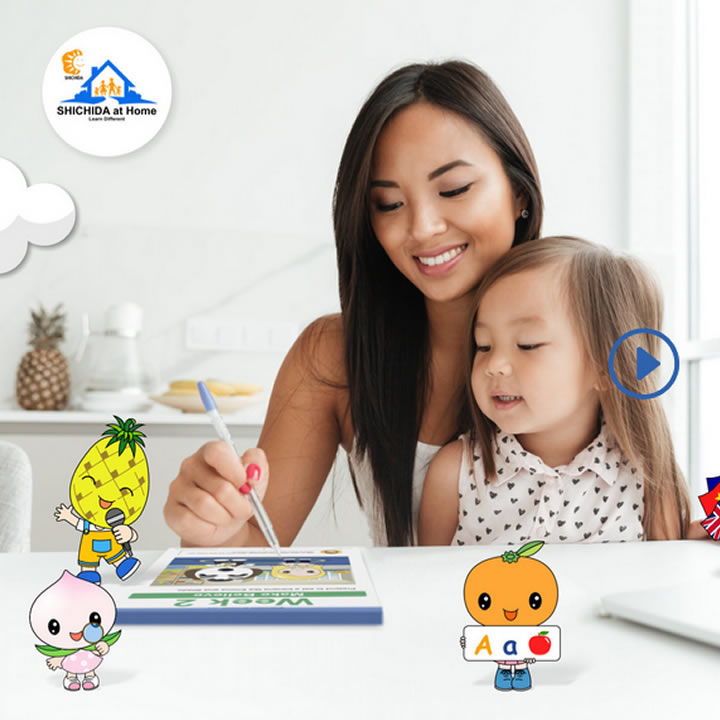Homeschooling means children learn at home, mostly taught by their parents, rather than at an outside organisation, like a school. Most homeschoolers don’t spend their time doing traditional school work activities, but they learn majorly through interaction with community members, reading, and outdoor exploration. Hands-on activities and experiments are usually a big part of homeschooling. Early learning at home has been shown to have its benefits in the later stages of homeschooling.
Benefits Of Homeschooling
Homeschoolers have been found to do better on tests. Studies conducted revealed that homeschoolers did better at tests than children who went to schools. This was particularly evident in children who were homeschooled through the high school level.
Homeschoolers have been found to have more emotional freedom than school-going children. Since homeschoolers are usually devoid of peer pressure and the need to fit in and the usual cases of bullying and other social pressures that come with school, they experienced better self-esteem and better emotional freedom.
Since there is no homework, children are more directly involved in the learning process. It has been found that taking away homework has made children more interested and focused on learning. Lengthy and complicated homework usually burdens the children and takes their interest away from subjects.
Homeschooled children are not socially isolated. The major disadvantage associated with homeschooling has been the social isolation of the children and not learning adequate social skills. Research has shown that this is not true since there are community interactions and other situations in which the children interact with other members and build their skills.
Homeschooling gives a flexible schedule so that all the needs of the family can be met. Flexible time schedules mean children can take time learning things at their own pace. Early learning at home gives the children an ample amount of opportunities to regulate their time schedules. There are loads of options for educational breaks to be taken that can tie in perfectly with what they are learning at home at the time.
Homeschooled children can learn things at their own pace and still make faster progress. Homeschooling means children receive individualised care, and they can learn things at their own pace since there is no fixed schedule. Homeschooled children are autonomous in their learning and are less emotionally and intellectually dependent than schooled children.
Individual care needs will be catered to in homeschooled children, especially in special needs children like ADHD or autistic children. While the school system might treat and label these children inadequately, children with special needs who are sensitively homeschooled will receive better personalised-care and attention.
Research has shown that homeschooled children become happier and lead more productive lives than normal schooled children. They were found to be more active in their communities and social lives than their public school counterparts. University acceptance ratio is more for homeschooled children than highschool children from public and private schools.
Homeschooling gives parents better opportunities to provide premium parenting. Since the parent is more intimately involved in the child’s learning process while homeschooling, homeschooled children feel more emotionally connected to their parents than normal schooled children.
Homeschooled children might be more independent than other children. Since they were schooled differently and separately, they may not feel the need to follow the crowd. This attitude of theirs is reflected in almost everything they do.
Author: Paul Sebastian

